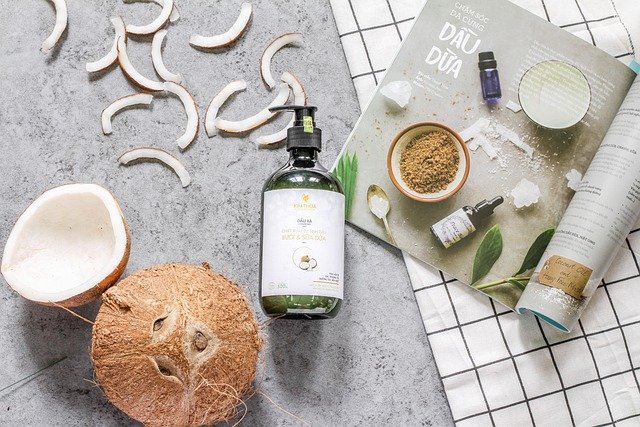The Underrated Power of Perfumery: A Journey Through Scent and Beauty
Perfumery, the art of creating perfumes, has a long and storied history that dates back to ancient civilizations. Despite its age, it remains a relevant and thriving aspect of the beauty industry today, continuing to evolve and adapt to trends and the ever-changing preferences of consumers. Yet, despite its ubiquity and influence, perfumery often remains underappreciated, with many overlooking its intricate artistry, cultural significance, and profound impact on our sensory experiences and perceptions of beauty. This article aims to shed light on this often overlooked sector of the beauty industry, exploring the historical context, current relevance, trends, impact, and reception of perfumery.

A Fragrant History: The Roots of Perfumery
The art of perfumery predates written history, with the earliest evidence of perfume-making found in ancient Egypt and Mesopotamia. Egyptians, renowned for their attention to cleanliness and appearance, used aromatic oils for religious ceremonies and to mask the smell of animal fats used in cosmetics and skincare. The Greeks and Romans further refined the craft, using perfumes for both personal grooming and religious rites.
In the Middle Ages, the Arabs introduced new techniques for extracting fragrances, including steam distillation, which is still used today. The Renaissance period saw an increased interest in perfumery, with Italy and France emerging as leading centers of perfume production. By the 18th century, France became the world’s perfume capital, a title it still holds today.
The Scent of the Modern Age: Perfumery in the Contemporary Beauty Industry
In the modern world, perfumery has become an integral part of the beauty industry. The global fragrance market is valued at over $31.4 billion as of 2021 and is projected to reach $43.6 billion by 2027. Consumers worldwide are increasingly recognizing the power of scent as a form of self-expression and a means to evoke emotion and memory.
Perfumery has also adapted to shifting consumer preferences, with a growing trend towards natural and organic ingredients and sustainable practices. Moreover, the rise of niche and artisanal perfumeries has led to a resurgence of interest in unique, complex, and non-mainstream scents, challenging the dominance of traditional fragrance houses.
The Sensory Impact: How Perfumes Influence Perception and Emotion
The impact of perfumery extends beyond the beauty industry. It plays a vital role in shaping our perception and emotion. Scent, as the most evocative of our senses, can trigger powerful memories and emotions. A whiff of a certain perfume can instantly transport us to a different time and place, eliciting a flood of associated memories and feelings.
Moreover, perfumes can also influence how we perceive ourselves and others. The scents we choose to wear often reflect our personality, mood, and identity. They can make us feel more confident, attractive, or relaxed. In this way, perfumery contributes to our overall sense of well-being and aesthetic experience.
Reception and Critique: The Divisiveness of Scent
Despite the widespread use and appreciation of perfumes, they also evoke a range of reactions and criticisms. Some people find certain scents overpowering or irritating due to allergies or personal preferences. Others critique the industry’s lack of transparency, particularly concerning the use of synthetic ingredients and animal testing.
However, the industry has been responsive to such criticisms. Many brands are committing to cruelty-free practices and clearer labeling. Further, the rise of hypoallergenic and ‘clean’ fragrances caters to those with sensitive skin or allergies.
The Future of Fragrance: Emerging Trends in Perfumery
Looking ahead, perfumery is poised to continue its evolution, with several interesting trends on the horizon. Personalized perfumes, based on individual preferences and even genetic profiles, are gaining popularity. Technology is also playing a significant role, with AI being used to create new scent combinations.
Meanwhile, the trend towards sustainability and natural ingredients is likely to persist. Consumers are becoming more conscious of their environmental footprint and the potential health impacts of synthetic ingredients, driving demand for eco-friendly and ‘clean’ fragrances.
In conclusion, perfumery, with its rich history and continuing relevance, is a fascinating and important aspect of the beauty industry. Its artistry, impact on our sensory experiences, and ability to evoke emotion and memory make it much more than a simple cosmetic product. As we continue to explore and appreciate the power of scent, the future of perfumery promises to be as exciting and diverse as its past.




